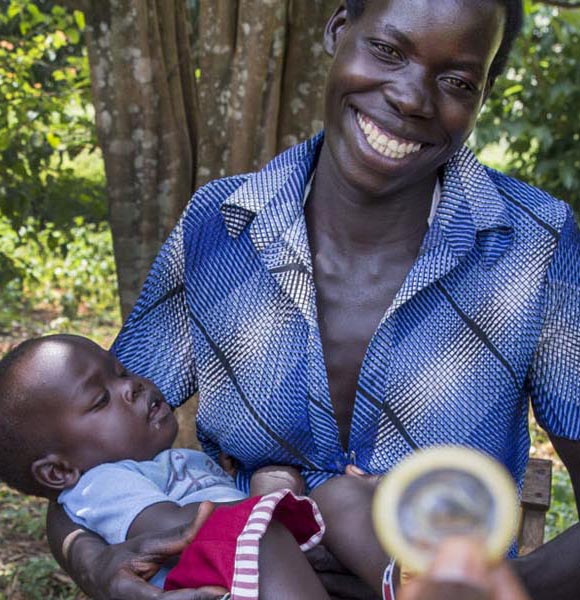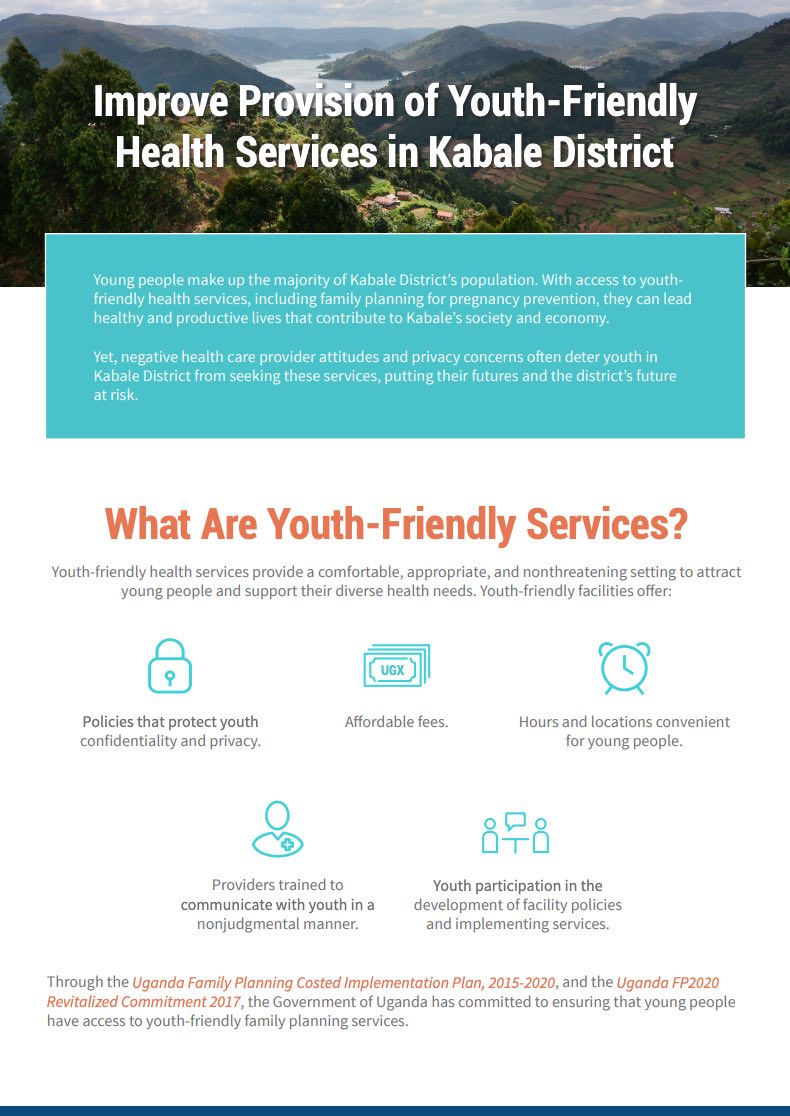Which Types of Disasters Are the Deadliest in the U.S.? The Answer Is Surprising
Mortality remains one of the major outcomes related to natural disasters, and a recent study on which types of disasters are the deadliest has yielded interesting results.



